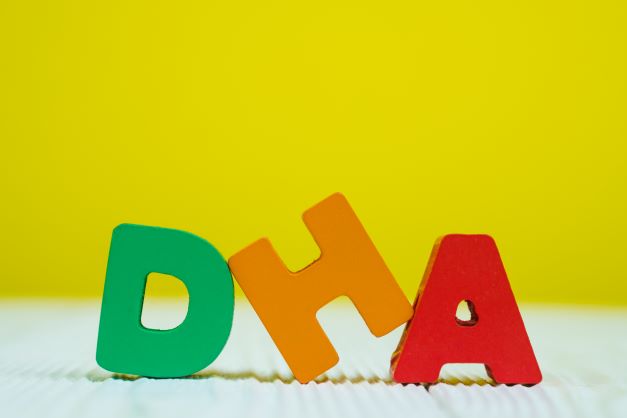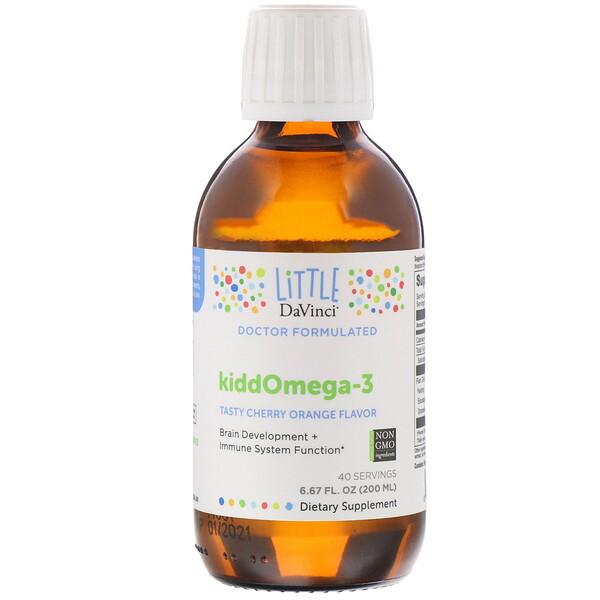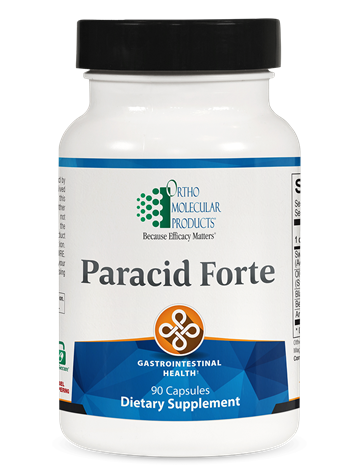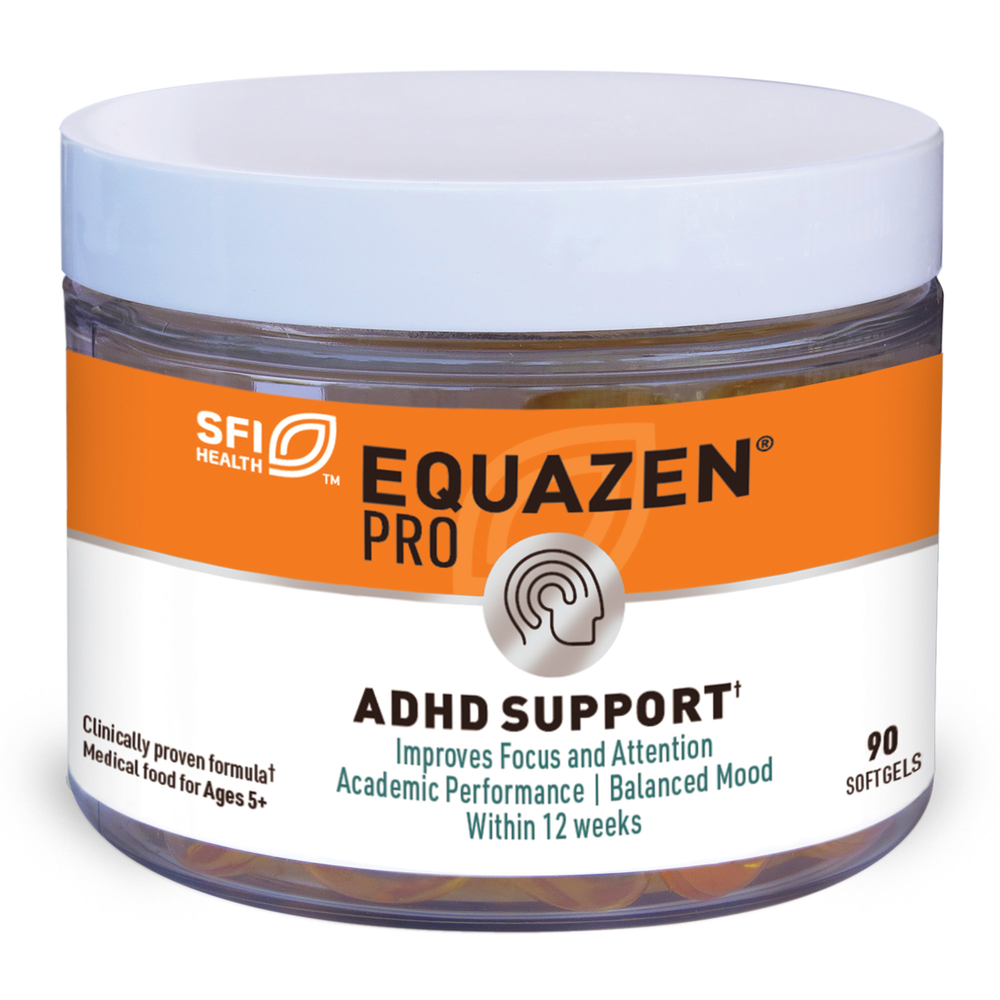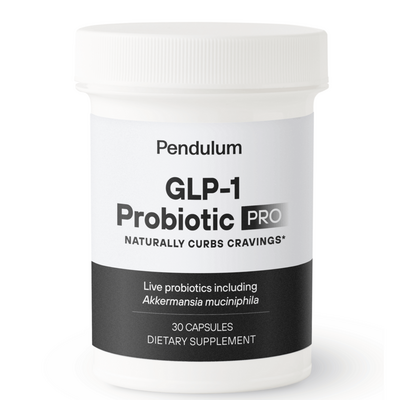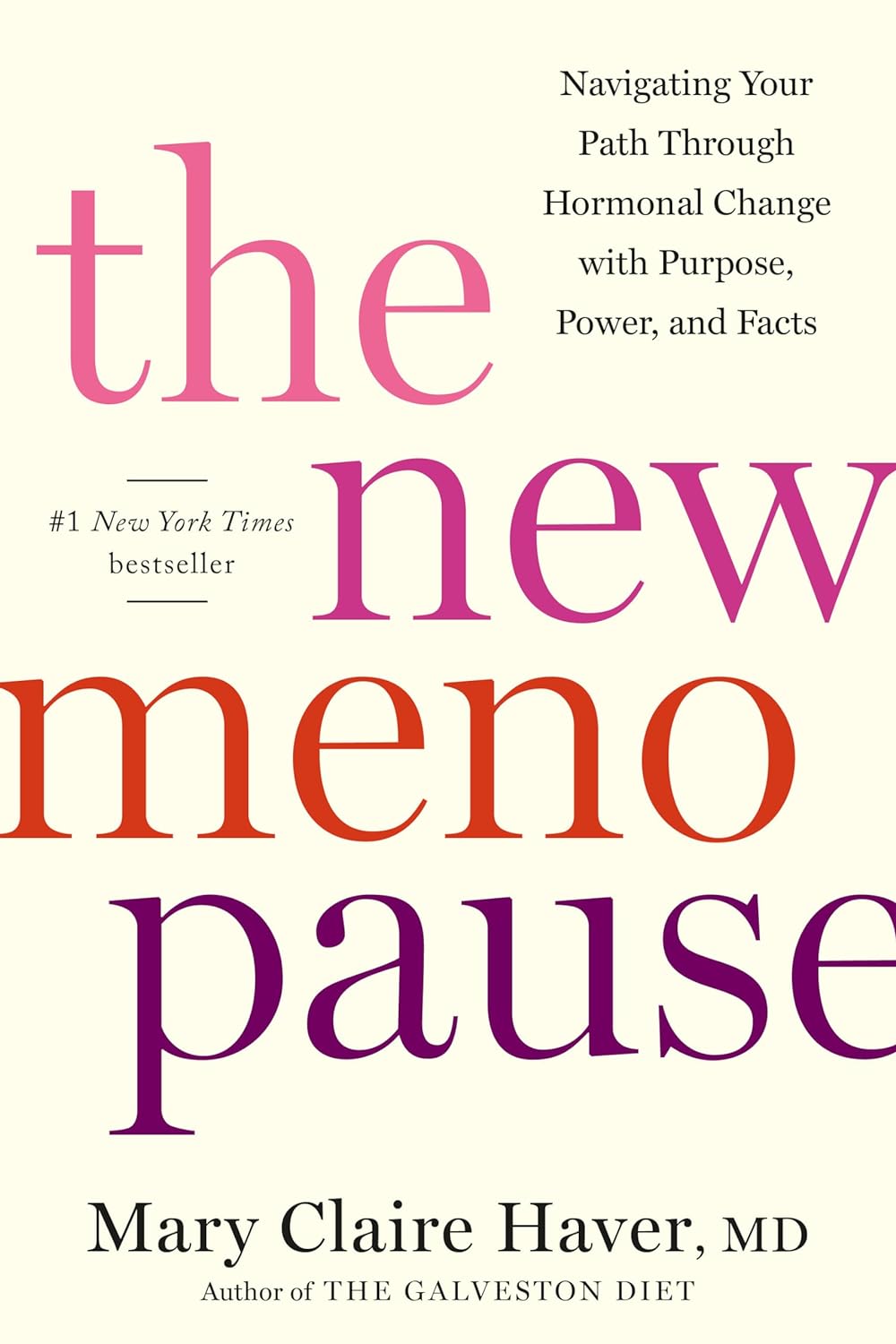Supporting Juvenile Brain Health with DHA
DHA (docosahexaenoic acid), an omega-3 fatty acid, is the most abundant phospholipid in the brain, with the brain being approximately 60% phospholipid. There are 3 types of phospholipids responsible for proper neurological development. Phosphatidylethanolamine (PE), Phosphatidylcholine (PC), & Phosphatidylserine (PS) are a mouth full. All you need to know is that they are important for memory, cell membrane stability, and cell signaling. Specifically, these fatty acids are responsible for creating the membrane of the neuron and the synapse. When it comes to brain health, development, and neurological function few nutrients could be as important as DHA.
The most critical time in brain development is the first two years of a child’s life starting in utero. Even though it is important for mothers-to-be to consider adding DHA to their diets, the benefits of DHA continue throughout our lives.
What is DHA?
DHA is one of three components of omega-3 fatty acids. The other two include eicosapentaenoic acid (EPA) and alpha-linolenic acid (ALA). DHA plays a crucial role in neurological development, visual acuity, and making sure that the different phospholipids are forming properly. DHA is vital for regulating the inflammatory pathway by reducing the production of pro-inflammatory mediator proteins and regulating calcium flux involved in neuron cell communication.
While EPA and ALA are important, it takes a lot of effort for the body to adequately convert both of these types to the more readily usable form of DHA. In children under the age of two, that conversion is not very efficient, and conversion efficiency drops after the ages of 20 to 25. So, it is best to ensure that children under the age of two are getting a significant source of DHA necessary component of brain development.
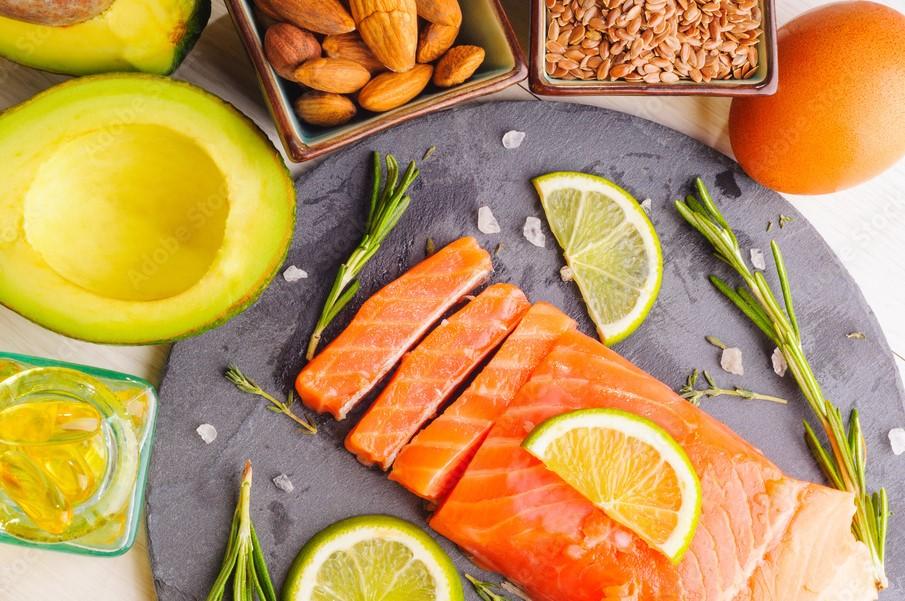
Something to remember is DHA is not naturally produced by the body. To get enough to support better brain health, it is necessary to eat foods containing high omega-3 fatty acids. Notice that plant seeds and several kinds of fish and fish oils are the best sources of DHA. The foods listed here are best consumed on a daily basis for the therapeutic levels reached in supplementation.
Excellent Sources of DHA
- Egg Yolks
- Chia Seed
- Salmon
- Flax Seed
- Tuna
- Sardines
- Hemp Seed
- Anchovies
- Natto
- Cod Liver Oil
- Walnuts
- Mackerel
- White Fish
- Salmon Fish Oil
- Herring
Little DaVinci
KiddOmega-3 is recommended for:
- Healthy brain development*
- Supporting memory, focus, and concentration in kids*
- Calm behavior*
- Improved mood*
- Healthy inflammatory response*
- Respiratory health in children*
- Maintaining normal blood sugar and heart health in kids*
- Strong and healthy skin, hair, and nails*
- Overall health*
KiddOmega-3 and other supplements can be purchased through my Fullscript’s dispensary.
Click here below for more info.
As always if you have questions about products, sourcing, or dosing please contact me.
Thanks, Bob Wood R.Ph.
|
|
|

